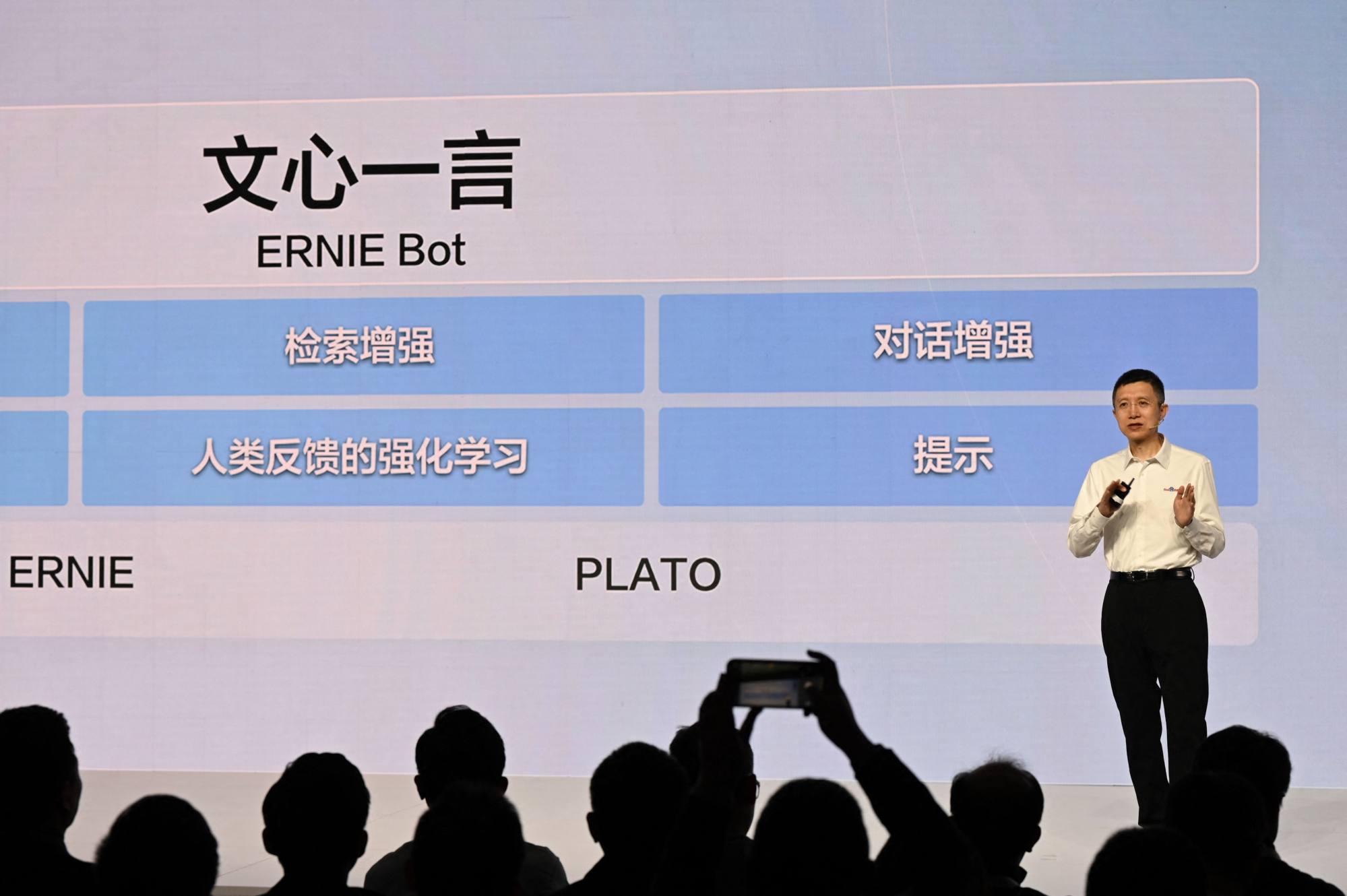
China’s internet watchdog proposes rules, security assessment for AI tools similar to ChatGPT
- Operators must ensure the propriety of content produced by their generative AI services, according to new rules proposed by China’s internet regulator
- Generative AI products will also need to pass a government security assessment before being introduced to the public
Companies that provide generative AI services in China must take measures to prevent discriminatory content, false information, and content that harms personal privacy or intellectual property, according to the proposed regulation published by the Cyberspace Administration of China (CAC) on Tuesday.
Businesses should also make sure that their products uphold Chinese socialist values, and do not generate content that suggests regime subversion, violence or pornography, or disrupts economic or social order, the CAC said.
All generative AI products should pass a security assessment by the CAC before serving the public, as required by a 2018 regulation covering online information services that have the ability to influence public opinion, the regulator said.
Generative AI – which creates original content based on text, image or audio prompts – has garnered growing enthusiasm in China after Microsoft-backed US start-up OpenAI launched its conversational bot ChatGPT in November.
In China, where ChatGPT remains officially unavailable, domestic companies have been racing to launch technologies similar to ChatGPT.

Alibaba owns the South China Morning Post.

Other countries are also mulling regulations on generative AI.
The European Union meanwhile is discussing the Artificial Intelligence Act, which was first proposed in 2021 to govern the use of AI products according to their risk levels.
The EU framework, which follows a different approach than the CAC’s draft rules, is likely to impose “extremely onerous compliance burdens on companies”, said Angela Zhang, associate law professor at the University of Hong Kong.
Instead, China’s draft regulation focuses mostly on content moderation, she said.

“These content requirements are not new to Chinese internet companies, so I don’t think the publication of these new rules will add too onerous a burden to Chinese companies,” Zhang said.
“Excessive restrictions, content regulation, and censorship could hinder commercialisation and further innovation of such technologies,” Hanna Dohmen, a research analyst at Georgetown University’s Center for Security and Emerging Technology, said in February.
The CAC is soliciting feedback on its proposed rules until May 10.

